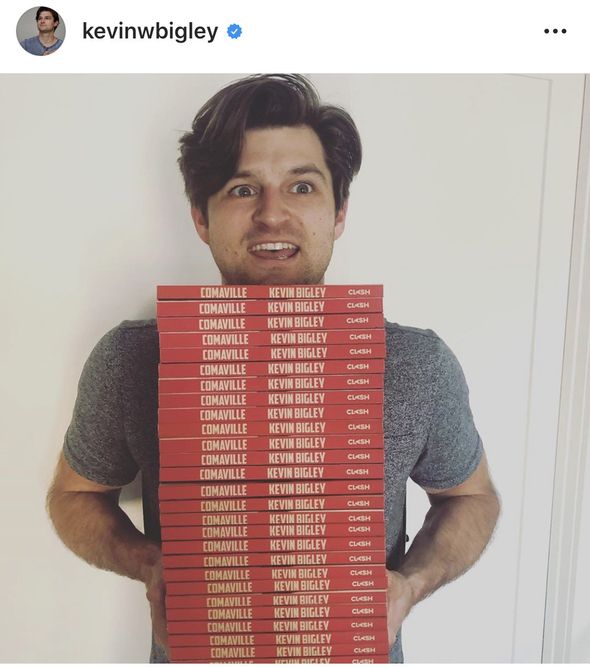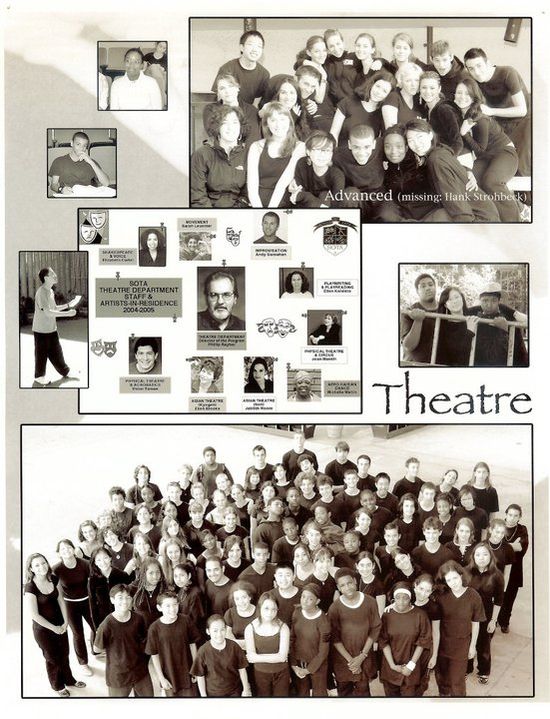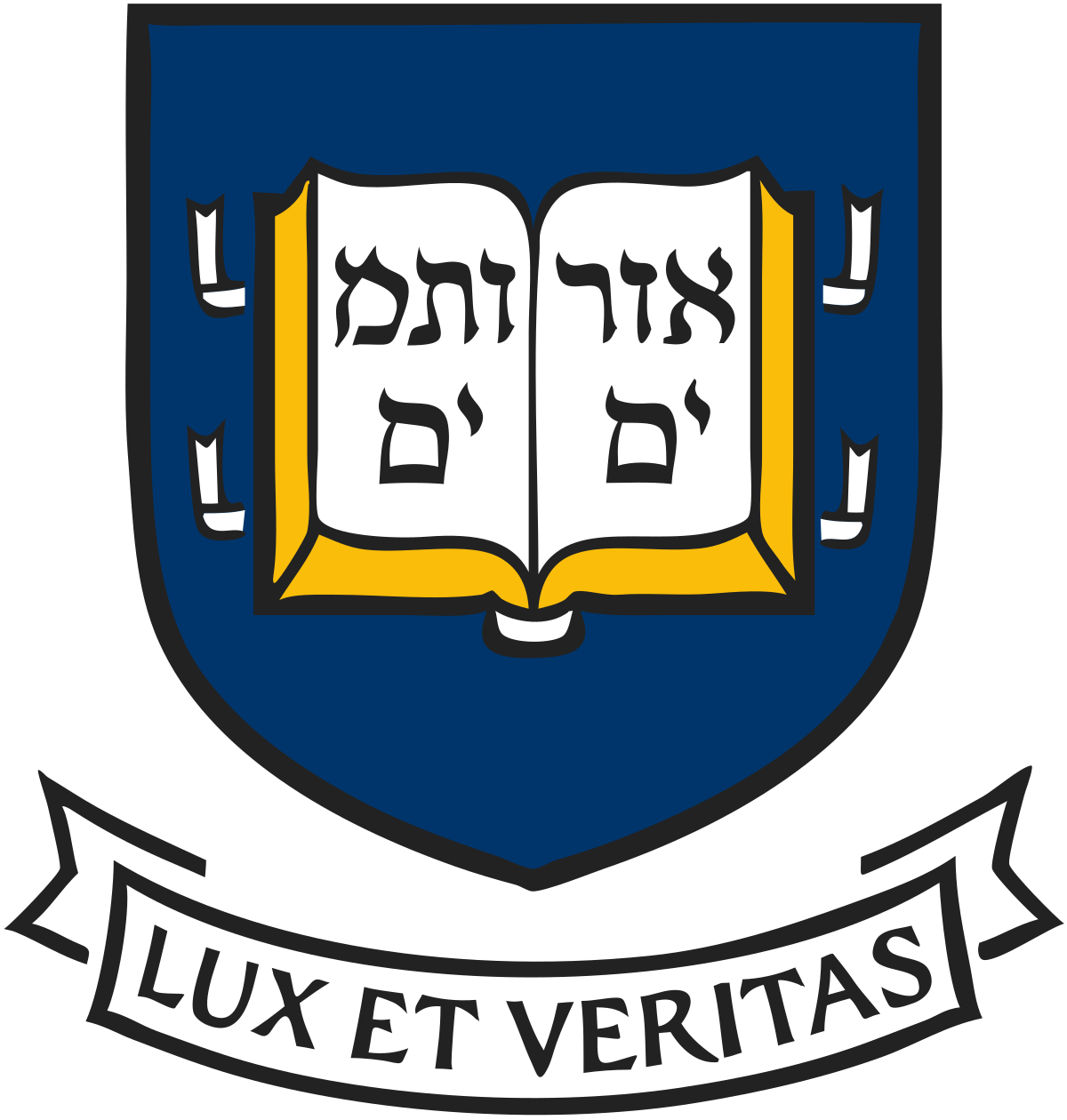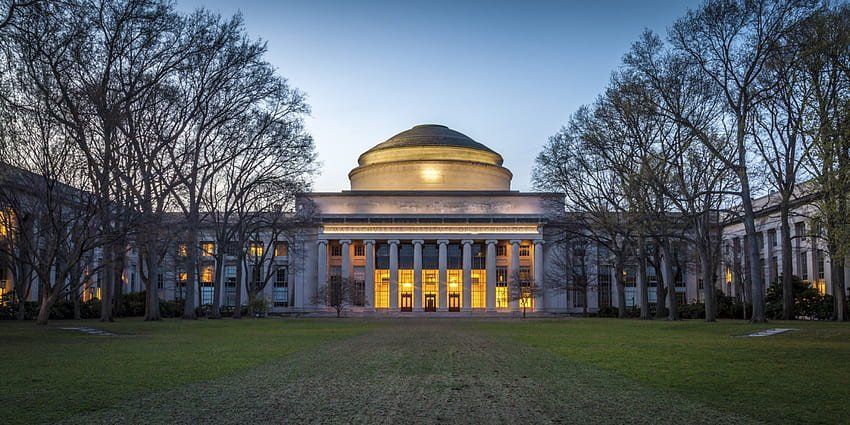Our High School Experiences and Life
Jason Wong • May 26, 2020
Life Lessons from a Random Book Club
To stay in touch with my friends, and push myself to read more books, I regularly attend book club meetings. On May 26, it was my turn to pick a book and the book I chose was Comaville. This book was personal to me because besides being an author, Kevin Bigley is a television star, and my former high school classmate.
This post isn’t specifically about the book, which I recommend as a fun, relaxing but thoughtful read. Instead, I wanted to share notes from our conversation, which I found extremely inspiring. During our 90 minute session, our group of lawyers, lobbyist, actors and educators covered a variety of topics that left us all feeling inspired and reflective. Here are some of the highlights:
Reality versus fiction.
Having Kevin participate in our chat gave us a unique perspective of how books get written, how they are published, and what happens afterwards. Kevin talked about how 75% of his process was re-reading, tinkering and experimenting. This is an excellent comparison to how students might consider their own college essays. Most of the time will be spent in re-working, re-writing, and re-considering what’s already been written with the goal that each revision brings about a stronger, better product. In fact, many of our students can have 5 or more revisions, and 2-3 topic changes before settling on a final product to share with college admission officers.
Sentimentality and self-pity.
It’s easy to delve on the past. Think about Trump’s campaign slogan “Make America Great Again” and all the times we look back at history with fond memories. However, many of our memories of the past gloss over the sacrifices and struggle we made to get to where we are today. One of the points of Kevin’s book Comaville is how nostalgia can quickly become a destructive force in our lives. What this means to me is that when we are presented with periods of self-reflection, like we are in college essays, it’s not enough to just look at the past. A very important component of self-reflection is figuring out what the past might mean towards the future. The future is definitely more important than the past, and a lot of students miss this.
Education and experience.
Honestly, while school is important, I’ve come to believe experience is the best teacher. How does one learn leadership? Experience. How about teamwork? Experience. How do you become a better communicator? Experience. Writer? Artist? Businessperson? Experience! I was surprised when Kevin affirmed this message during our conversation. Since we both went to a Theater program, I asked him how much our high school program, and his subsequent college program in Chicago prepared him for his professional film career today. He told me that while he was grateful for his education, the biggest lessons in his life that helped him get to where he is today was going out there and getting real life experience.
One of my fondest memories of Kevin in high school was his jokes. He was always very funny around school, and working on writing or theatrical projects. One thing I’ve noticed throughout the years is that many of us return to passions that we first discovered or developed in high school. For me, it’s been education. For Kevin, theater and the arts. To me, this means that the activities we choose to participate in high school have extra importance. Not only can your high school activities give you important real life experience, but you may be choosing your future career without realizing it as well.
(2005 San Francisco Ruth Asawa School of the Arts Yearbook, Jason and Kevin are both in the back row on the top right picture. At the bottom photo, Jason and Kevin are standing next to each other towards the back, center right.)





